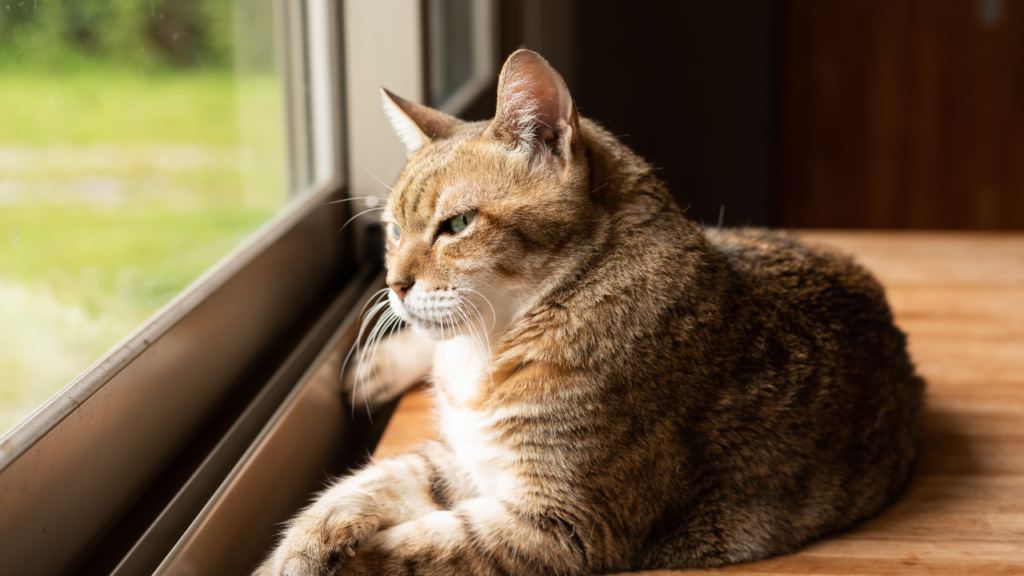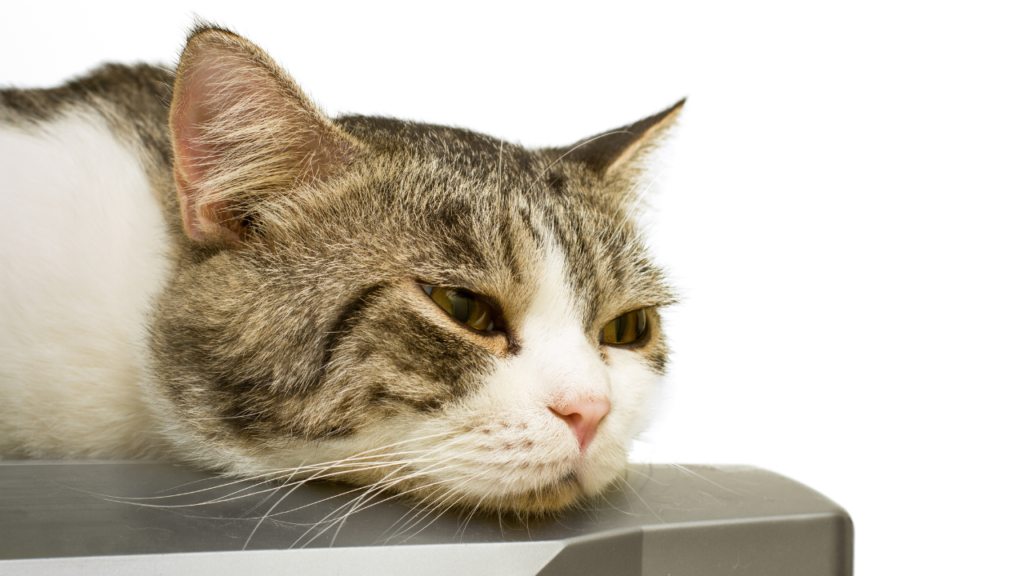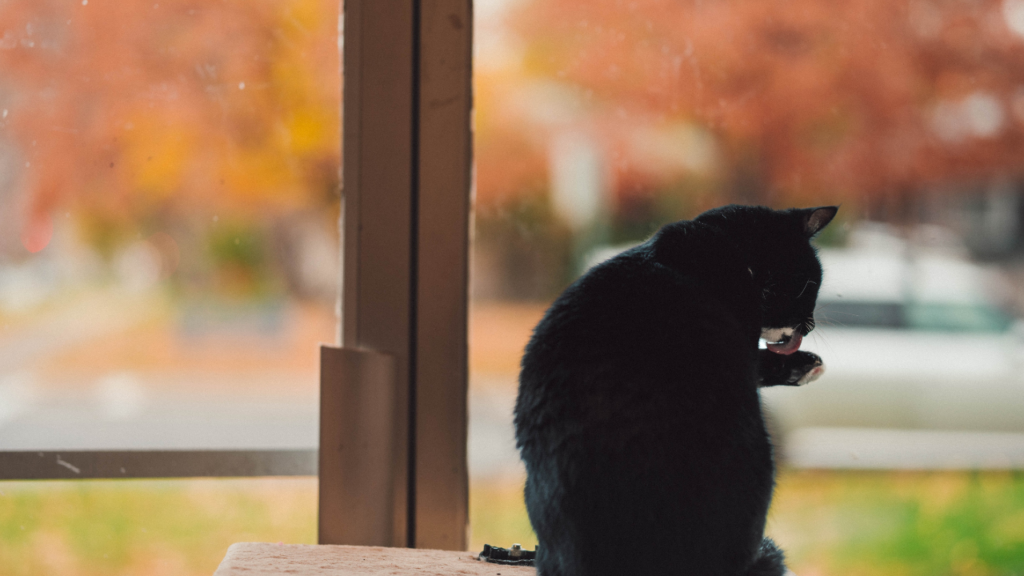
Your cat may appear fiercely independent, but this does not necessarily imply that they can spend long periods of time alone. Cats can contentedly spend hours alone, but extending that time to days can be unpleasant and unsettling for any feline, even if he appears to be well without you. Let’s talk about how long can a cat be left alone.
If you’re planning a vacation, a business trip, or anything else that will take you away from home, you should also arrange for your cat’s care and company. This can help keep your cat secure and happy, providing you more peace of mind while you’re away.
How long can a cat be left alone?
Most veterinarians believe that leaving cats alone for up to 24 hours is safe. However, you should not proceed any farther without having someone accessible to monitor and spend time with your cat. In fact, many cats will require (or benefit from) a check-in if it is less than 24 hours! If you must leave your pet alone for an entire day, make sure he is safely inside and that all doors and windows are completely locked and secured. Provide lots of food for your cat and place many water bowls so that even if one is tipped over, he has access to water.
Can you leave your cat alone for a week? No, not safe. If you have to be gone for so long, you will need to locate someone to look after your cat while you are away. Your cat will not only be safe, but also happier.
Which cats cannot be left alone for 24 hours?

It’s crucial to remember that, while most cats should be left alone for no more than 24 hours, this guideline does not apply to all felines. Many cats, such as kittens and older cats, require companionship and care on a daily basis.
Of course, if your cat is on medication that must be administered on a specific schedule, this may limit how long they can be left alone. Special needs cats, geriatric cats, and those that require assistance with basic functions may require extra monitoring and spend less time alone. Kittens should not be left alone for more than a few hours because they eat often and rely heavily on interactions to learn and develop.
A 1- to 3-month-old kitten be left alone no longer than 4 hours at a time.
Why Cats Cannot Spend Long Periods Alone

Leaving your cat alone for an extended amount of time can be stressful for him in a variety of ways. Cats are lovely creatures of habit, and it can be stressful for them when their pattern is abruptly and dramatically altered. Your cat undoubtedly knows exactly when you get home from work each day, and he also expects to be fed at specific times. Even if it is only for a few days, changing up your routine might be stressful. However, sometimes this is unavoidable.
Although your cat may appear reclusive, chances are he relies on your company more than you realise. Cats who are lonely or bored may behave out in many ways. Your cat may exhibit his worry by excessive grooming, which might result in bald patches or thinner hair overall. When cats are stressed or upset, they may not using the litter box. When you return home, your cat may be overly clingy or try to avoid and ignore you completely.
Furthermore, it can be difficult to provide fresh food and water for your feline for more than a day. Even if running water containers are left on for a week, bacteria can accumulate and render the water unfit for consumption. The same may be said for cat food! Dry food can cause stale or grow bacteria if left outside an airtight container for more than a day.
What your cat’s carer should do while you’re away
.
If you have to be away from home for an extended period of time, such as on vacation, you must take some precautions to ensure your cat’s safety and well-being. Leaving your cat alone for 24 hours is safe, but if you’re going on a longer trip, have a family member or friend check in on him or her every day. Additionally, consider hiring a cat sitter to come and look after your cat.
Ask the person who looks after your cat to not only clean the litter box and supply food and water, but also to spend more time with it. This can protect your cat from becoming bored and lonely, and playtime and visits can help break up the day. Even if your cat is shy and unable to socialise with people, ask the carer to locate and physically check on him every day to ensure that he is healthy. This will not only provide your feline’s fundamental needs, but will also provide them with a sense of routine.
When planning a trip, you should also consider your cat’s health and care. If you know you’ll be away for a while, invite the carer around for a few brief visits to meet and get to know your cat. The more familiar the carer is, the more likely it is that your cat may come out and spend some time with them. Make sure to stock up on essentials such as cat litter, extra food, and any medications your cat is on. Having spares on hand can be useful in case your trip is unexpectedly extended. With a little planning, you can arrange your cat’s and your own vacation as stress-free as possible.
